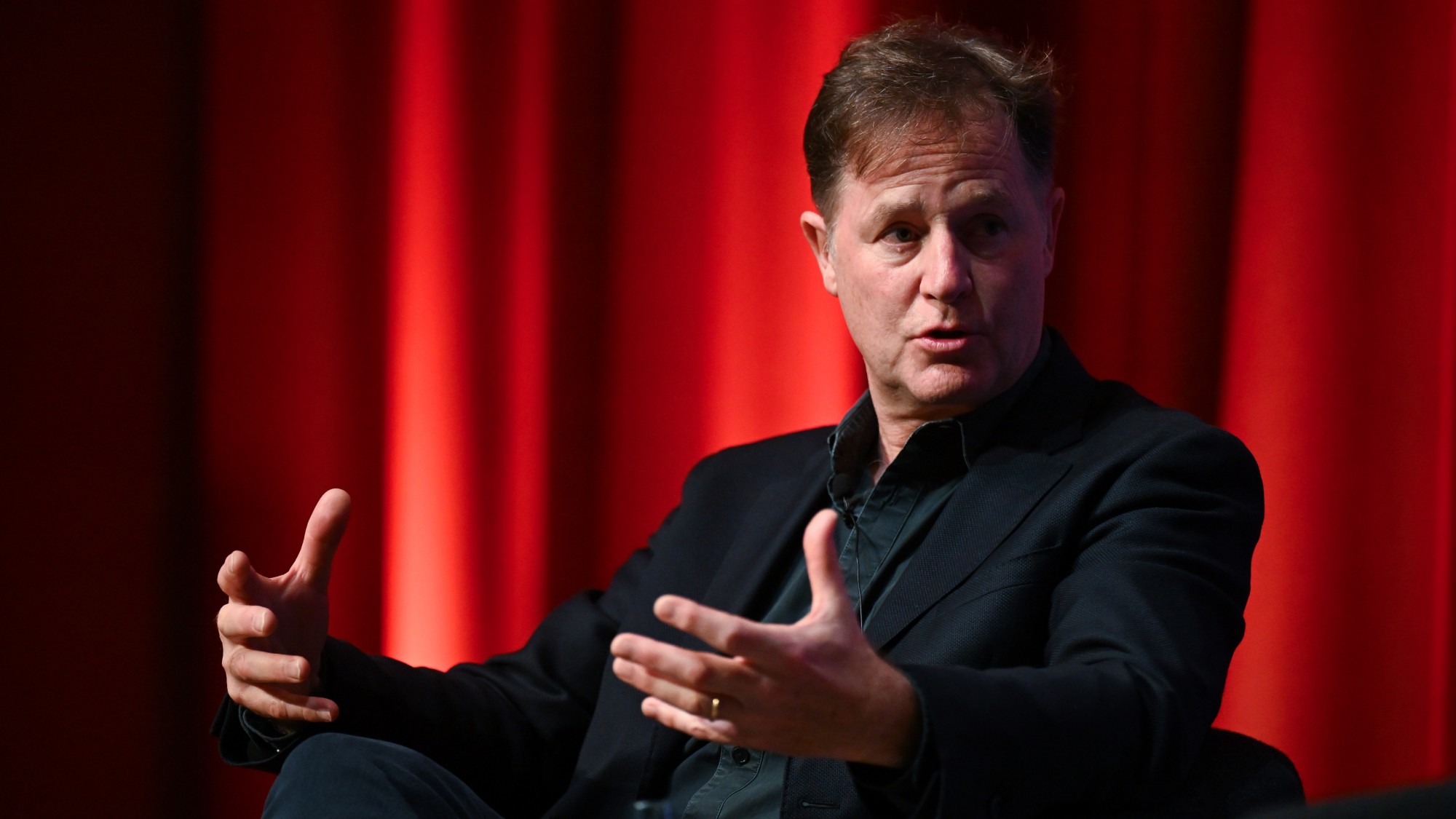Nick Clegg picks his favourite books
The former deputy prime minister shares works by J.M. Coetzee, Marcel Theroux and Conrad Russell

A free daily email with the biggest news stories of the day – and the best features from TheWeek.com
You are now subscribed
Your newsletter sign-up was successful
The former deputy PM and president of global affairs at Meta picks five favourites. He will be speaking about his book, “How to Save the Internet”, at the Hay Festival Winter Weekend.
Life & Times of Michael K
J.M. Coetzee, 1983
Possibly my favourite book of all time, mostly because of the taut, sparse prose. It generates a stunning effect. There is simply not a word out of place – and every word resonates with meaning.
The Week
Escape your echo chamber. Get the facts behind the news, plus analysis from multiple perspectives.

Sign up for The Week's Free Newsletters
From our morning news briefing to a weekly Good News Newsletter, get the best of The Week delivered directly to your inbox.
From our morning news briefing to a weekly Good News Newsletter, get the best of The Week delivered directly to your inbox.
Wide Sargasso Sea
Jean Rhys, 1966
A prequel to “Jane Eyre”, which takes us to Jamaica, through the life and marriage of the soon-to-be Mrs Rochester, the madwoman of the attic. An agonisingly poignant novel, made all the more so by the fact that Jean Rhys wrote it while living in poverty and obscurity; the recognition it earned her came far too late.
Far North
Marcel Theroux, 2009
I’m not sure if I would have read this if Marcel were not a lifelong friend – but it’s one of his best: quite chilling, a bit eccentric and haunting. A story about a solitary figure called Makepeace who journeys through a bleak post-apocalyptic landscape. If you like post-apocalyptism – which unfortunately feels rather more relevant these days – then this is one for you.
A free daily email with the biggest news stories of the day – and the best features from TheWeek.com
Plough, Sword and Book
Ernest Gellner, 1988
I first encountered this when I was at uni in the mid-1980s. It is an imperiously sweeping (critics would claim over-sweeping, and over-European) view of how humans evolved through plough, sword and book. As an undergraduate wanting to be exposed to big ideas, it felt like a meteor full of them.
An Intelligent Person’s Guide to Liberalism
Conrad Russell, 1999
Not a partisan pick, I promise! So pithy, and it describes an enduring truth – that liberalism is in essence about power, and how to disperse it and make it accountable. It is somewhat out of step with our populist times, obviously, but all the more important for it.
Titles in print are available from The Week Bookshop